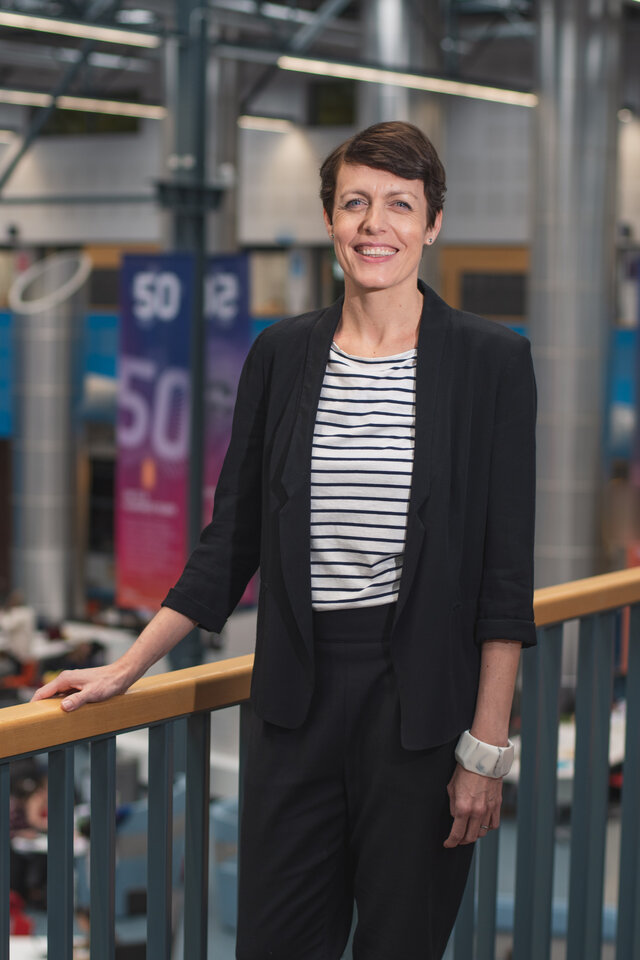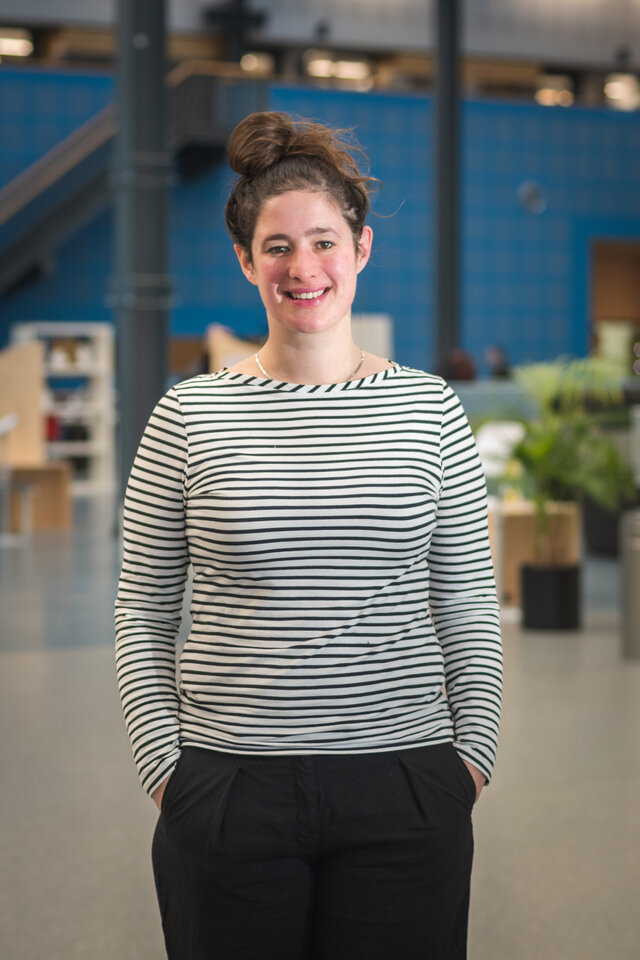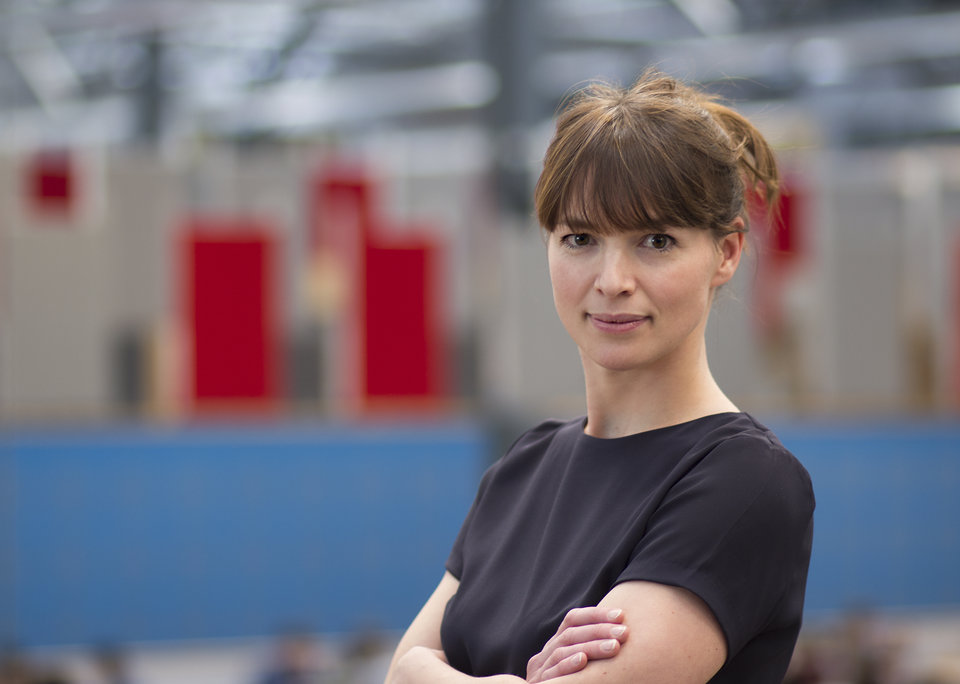Design for Complexity
IDE Design Master Class for Professionals
Using systems and transition thinking in design
Designers are increasingly involved in design initiatives that contribute to tackling complex societal challenges, related to domains such as health & wellbeing, safety, sustainability, and inequality. While designers have unique skills and expertise to contribute to this context, it also requires new design approaches, such as ‘systemic design’ and ‘transition design’.
Curriculum
In this master class you will learn to refine your skills to design for complex societal challenges; by combining the distinctive strengths of designers to frame problems, humanise challenges, and learn through experimentation, with principles and practices from systems thinking, complexity and transition theory.
You will participate in various hands-on activities to explore what it means to perceive the world systemically, and apply novel and practical systemic design principles and methods to a complex design case. You will also learn about the theoretical background of those practices and principles. Together we will reflect on the role of designers who aim to contribute to making our complex world a better place, and their position working within or alongside public, social, and/or private sector organisations.
Learning Objectives
You will learn to:
- Recognise systemic ways of looking at the world and its challenges using perspectives from systems thinking, complexity and transition thinking;
- Distinguish different types of complex problem contexts and recognise when it is appropriate to apply designerly practices;
- Apply design principles for complex societal challenges that build on the unique strength of designers to ‘humanise’ systems;
- Apply methods and practices to design for and explore complex challenges systemically to a specific design case;
- Reflect on the role of designers in the context of complex challenges and societal transitions.
Speakers

Mieke van der Bijl-Brouwer
Mieke van der Bijl-Brouwer is Associate Professor in Design for Social Innovation at IDE, TU Delft. She is interested in how designers collaborate with other disciplines and professions to tackle complex societal challenges. She gained expertise in design, social innovation, transdisciplinarity and systems thinking, while working in academic positions in Australia and the Netherlands, and collaborating with an international network of social and public innovation practitioners.Programme
Day 1
| 9:00 | Welcome and coffee |
| 9:30 | Introduction and overview |
| 10:00 | Workshop - Experiencing a systemic worldview |
| 12:30 | Lunch at the Porceleyne Fles |
| 13:30 | Lecture - Complexity & Systems thinking |
| 14:15 | Introduction Case by Guest Speaker |
| 14:45 | Apply Systemic Design Tools to Case |
| 17:00 | End of the first day |
Day 2
| 9:30 | Lecture - Transition Thinking |
| 10:00 | Apply Transition Thinking Design Tools to Case |
| 12:30 | Lunch at the Faculty of Industrial Design Engineering |
| 13:30 | Finalise Case Study and Discuss Results |
| 15:15 | Reflecting on the Role of Designers in Societal Transitions |
| 16:30 | Wrap Up |
| 17:00 | Closing and Drinks |
Practical Information
After the course
Two months after the course, a pre-set consultation timeslot will be offered to all participants to share experiences and ask questions to the IDE Master Class. The format and the timing will be discussed with the participants during the IDE Master Class.
Costs Master Class
| € 950 | standard |
| € 850 | for members of BNO, KIVI IO, HumanFactorsNL |
| € 750 | for IDE alumni |
Courses are VAT-free
Lunch, drinks, material and book are included
Reduction
| € 100 | for each additional Master Class per organisation in 2024 |
| € 100 | if you register before the 15th of September 2024 |


